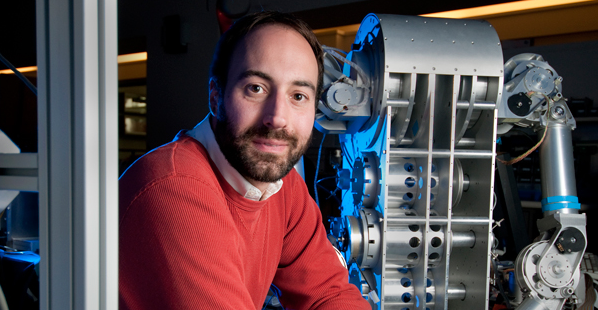Privacy is a fundamental human right recognized in the UN Declaration of Human Rights and in many other international and regional treaties. Privacy has become one of the most important human rights issues of the modern age, but it first appeared in legal history since the eighteenth century. We could call it “opaque” freedom, because it expresses the right to avoid the scrutiny of public opinion (the classic Tort privacy by Warren and Brandeis) and of powers (public and private - the Constitutional privacy).
Privacy is not an absolute freedom and it could be argued that the main challenge is to have the highest level of privacy possible (less external interference and more control) that is compatible with other interests worthy of protection: the right to inform and be informed; the State’s duty to ascertain and punish the offenses and the right to protection of personal data with respect to their storage and their use. These interests may conflict with the right to privacy in general and some of its particular aspects, such as the right to oblivion and the right to digital identity, namely the right to be represented without distortion.
The balance between conflicting interests is constantly challenged by the diffusion of new technologies: social media, cloud computing, geolocation, to name just a few examples. The new balance between private and public realm has to be found within the Internet, the most powerful communication form in history and convergence of all media, through new rules that should be conceived at transnational level, since the flow of information is considered to be the greatest wealth of the twenty-first century.
Tech and Law Center’s aim is to develop technical and legal analysis on profiling and geolocalization in the application development and implementation through action-oriented researches with ad hoc partnerships. The Center is also interested in exploring how privacy differ from society to society (as well explained by James Q. Whitman) and it will promote knowledge exchange from the technical and legal standpoints between EU and USA, through transnational initiatives to be realized in partnership with other institutions.



